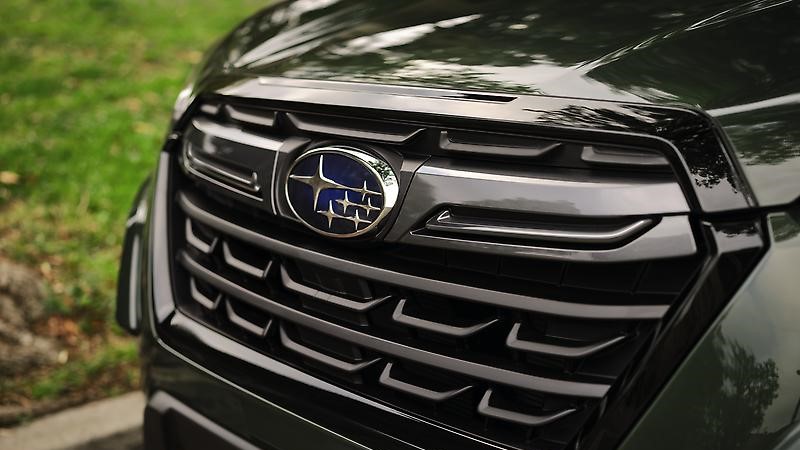Subaru announces plans to increase wages for its U.S. plant workers, aligning with industry standards set by UAW agreements.
Wage adjustments in line with Detroit three contracts
CEO Atsushi Osaki confirms Subaru’s intention to boost wages at its Indiana plant, in line with recent UAW settlements with GM, Ford, and Stellantis, where wage hikes of 25% until 2028 were agreed upon, reaching 33% with anticipated cost-of-living adjustments.
Benefits consideration alongside pay raises
While the exact raise figures are pending, Subaru contemplates additional benefits but has not finalized decisions. Initial communication confusion stated the increased compensation would incorporate benefits. This move follows a growing trend among non-union automakers to enhance pay and benefits post-UAW agreements.
Pressure on non-union automakers
Subaru, Toyota, Honda, and Hyundai are among non-union automakers facing calls to improve pay and benefits following record contracts negotiated by the UAW. The pressure intensified after UAW’s successful deals with Detroit automakers in October.
Biden’s support and equality advocacy
U.S. President Joe Biden supports the UAW’s push for higher pay, emphasizing equality across all U.S. auto workers. The call extends to non-union plants, compelling automakers to consider comparable deals for their workforce.
UAW’s response and future plans
UAW President Shawn Fain welcomes rising wages at non-union plants, pledging aggressive efforts to organize non-union U.S. plants, including those of Tesla and foreign automakers. The UAW aims to extend its influence beyond traditional union territories.
Subaru’s commitment to wage hikes reflects the broader industry response to UAW-led agreements, setting a precedent for equitable compensation practices across the U.S. automotive landscape.



